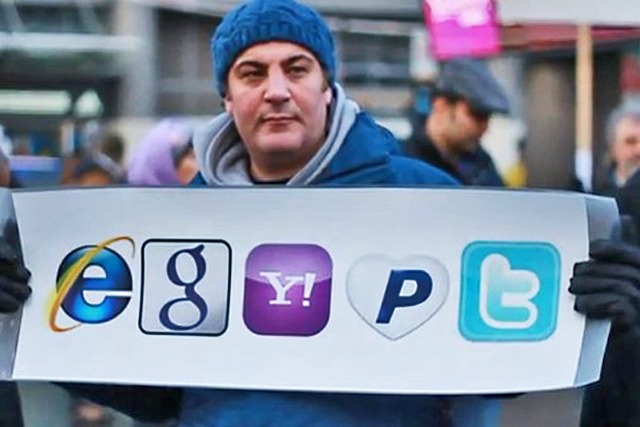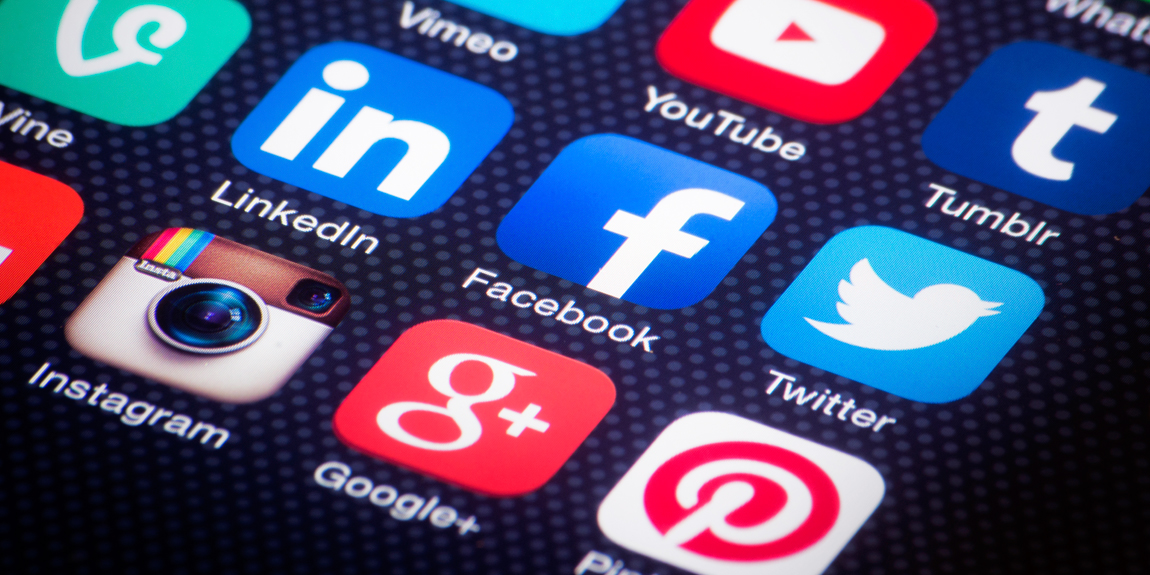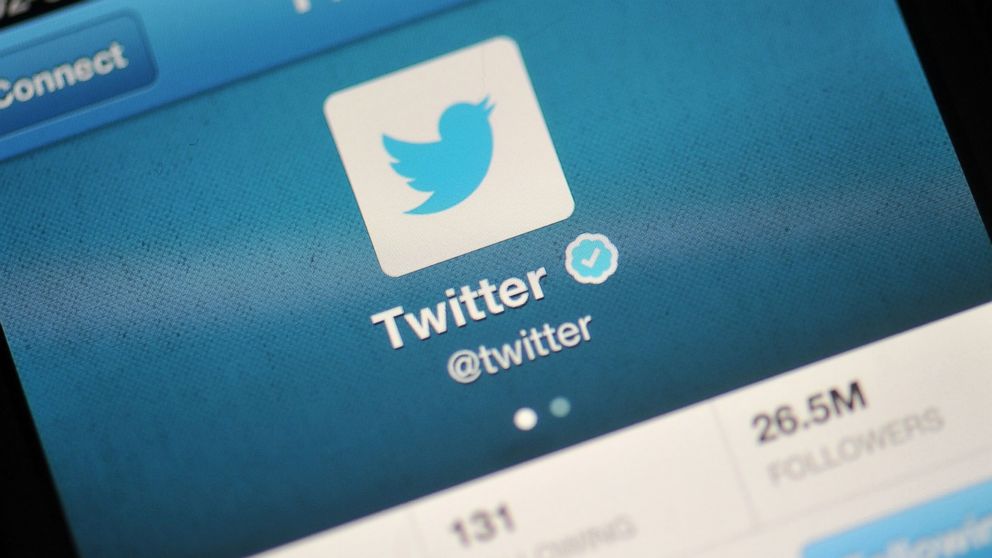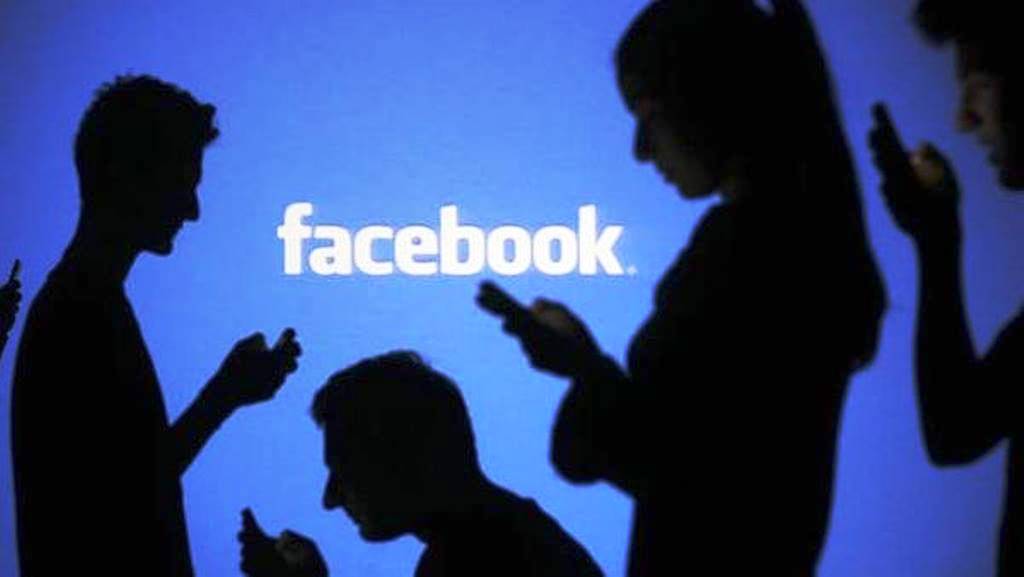Minister of Information and Culture, Alhaji Lai Mohammed on Wednesday cautioned Nigerians on social media use.
The Minister admonished Nigerians not to share any information they cannot vouch for on Facebook, Twitter or WhatsApp as a measure to curtail fake news menace.
He made the admonition in Abuja at the launch of National Campaign against Fake News.
He urged social media users that before sharing any information on Facebook, Twitter or WhatsApp, they should ascertain how credible the source was.
Mohammed said the campaign against fake news was to sensitise Nigerians to the dangers it posed to peace, security and nation’s corporate existence.
He said though there were existing laws against fake news, the government did not intend to resort to coercion or censorship.
“There is an epidemic sweeping the world. If left unchecked, it could be worse than all the plagues that the world has recorded put together.
“It is a clear and present danger to global peace and security. It is a threat to democracy. It is the epidemic of Fake News. Mixed with hate speech, it is a disaster waiting to happen.
“For the media, the epidemic is even worse. This is because fake news, in most cases designed to misinform, undermines confidence in the media.
“And once the people lose confidence in the media, the society is in trouble,” he said.
The Minister noted that fake news is mainly distributed by social media, but periodically circulated through mainstream media.
He said fake news though not new it becane a issue of concern with the speed at which it spread around the world, and that means is the social media.
“Anyone with a phone and internet access can author and make fake news go viral in minutes.
“With the number of mobile phone users in the world expected to pass the 5 billion mark by 2019, you can see the kind of crisis we face,” he said.
He said fake news is already having far reaching repercussions across the world and Nigeria is no exception.
“In India, about a dozen people have been killed in the past six weeks just because of fake news or hoax messages.
“The victims were lynched after they were falsely accused of child abduction based on fake messages circulated via the social media platform, WhatsApp!
“Right here in Nigeria, the situation is not better. And it is not restricted to the social media.
“Last Thursday, the front page headline of a national newspaper was: Court orders National Assembly to begin impeachment of Buhari.
“The problem with that news item is that it is fake news.
He said the judgment was manipulated to read that the court has given the go-ahead for the National Assembly to commence impeachment proceedings against the President.
The minister recalled a recent report by the BBC, that fake news circulating in the social media is fuelling the farmers-herders crises in Nigeria.
“Gory pictures from other lands are circulated freely via Facebook, WhatsApp and Twitter, purportedly being from the killings in Jos or Benue.
“In 2017, a fake report circulated on the social media claimed that five students of the College of Education, Gidan Waya, were ambushed and killed by
Fulani herdsmen in southern Kaduna.
“That report turned out to be false. No student was killed. I can go on and on,” he said.
The minister stressed that in a multi-ethnic and multi-religious country like Nigeria, fake news is a time bomb.
He said that government would consider engaging big technology companies like Google, Facebook and Twitter in addressing the menace.






